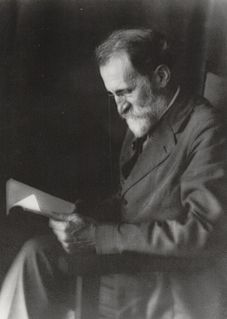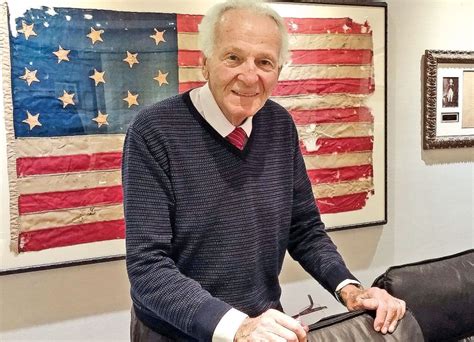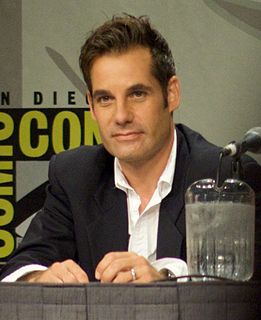A Quote by Benjamin Franklin
I have no private interest in the reception of my inventions by the world, having never made, nor proposed to make, the least profit by any of them.
Related Quotes
There has grown up in the minds of certain groups in this country the notion that because a man or corporation has made a profit out of the public for a number of years, the government and the courts are charged with the duty of guaranteeing such profit in the future, even in the face of changing circumstances and contrary public interest. This strange doctrine is not supported by statute nor common law. Neither individuals nor corporations have any right to come into court and ask that the clock of history be stopped, or turned back...
For the corporation executives, the military metaphysic often coincides with their interest in a stable and planned flow of profit; it enables them to have their risk underwritten by public money; it enables them reasonably to expect that they can exploit for private profit now and later, the risky research developments paid for by public money. It is, in brief, a mask of the subsidized capitalism from which they extract profit and upon which their power is based.
I have never understood why they tried to start the revolution by taking over the universities. It should have been self-evident that the net result of success would be to close the universities but leave the nation unaffected--at least, for quite a long time. Nor do I find it easy to believe that the rebels, as intelligent as most of them were, seriously expected that they could keep the universities alive as corporate bodies, once they had control of them, if they made the fundamental alterations in organization and role that they proposed to.
For people who make inventions, whether they make scientific inventions or artistic inventions, they're driven by pretty much the same thing. It's some mistrust from somebody saying it couldn't be a certain way, and overthrowing that. But that can happen at any point in history, at any time you come along. It doesn't get better or worse because you're born in this era or that era - I think it's more individualistic. It comes from within, you know, it's an internal thing.
Of course (said Oryx), having a money value was no substitute for love. Every child should have love, every person should have it. . . . but love was undependable, it came and then it went, so it was good to have a money value, because then at least those who wanted to make a profit from you would make sure you were fed enough and not damaged too much. Also there were many who had neither love nor a money value, and having one of these things was better than having nothing.
I charge [my sons] never to let the motives of private interest or ambition to influence them to betray, nor the terrors of poverty and disgrace, or the fear of danger or of death deter them from asserting the liberty of their country, and endeavoring to transmit to their posterity those sacred rights to which themselves were born
Each pursues his private interest and only his private interest; and thereby serves the private interests of all, the general interest, without willing it or knowing it. The real point is not that each individual's pursuit of his private interest promotes the totality of private interests, the general interest. One could just as well deduce from this abstract phrase that each individual reciprocally blocks the assertion of the others' interests, so that, instead of a general affirmation, this war of all against all produces a general negation.


































